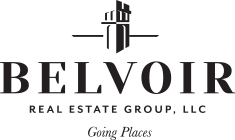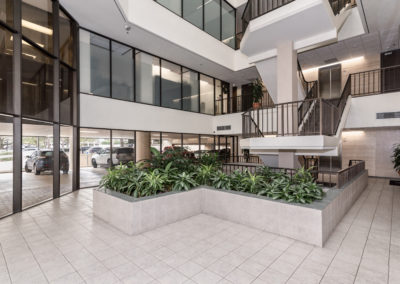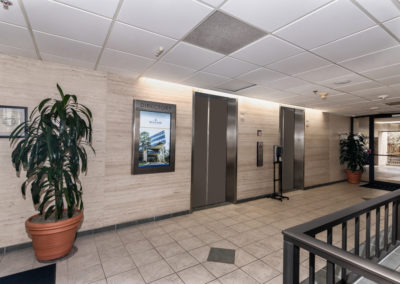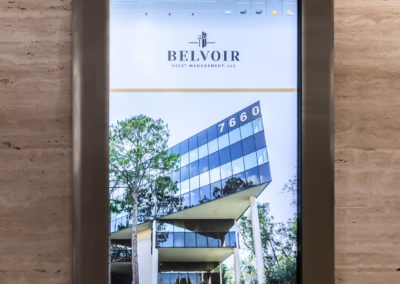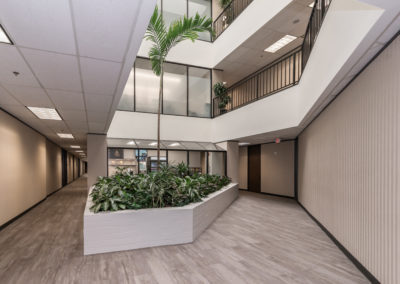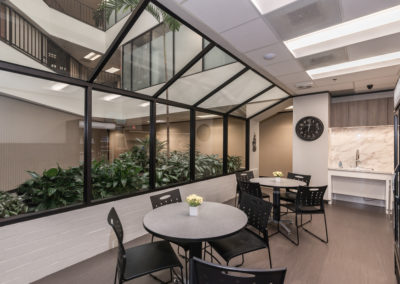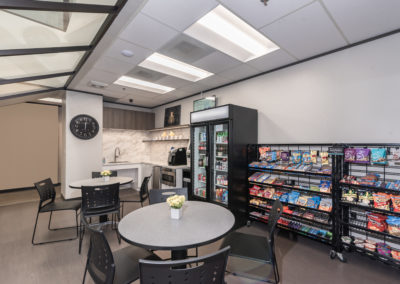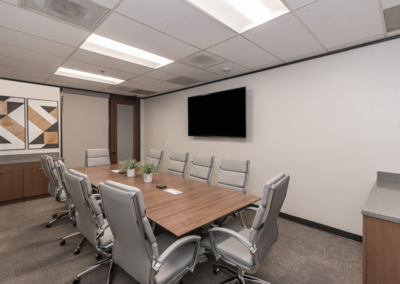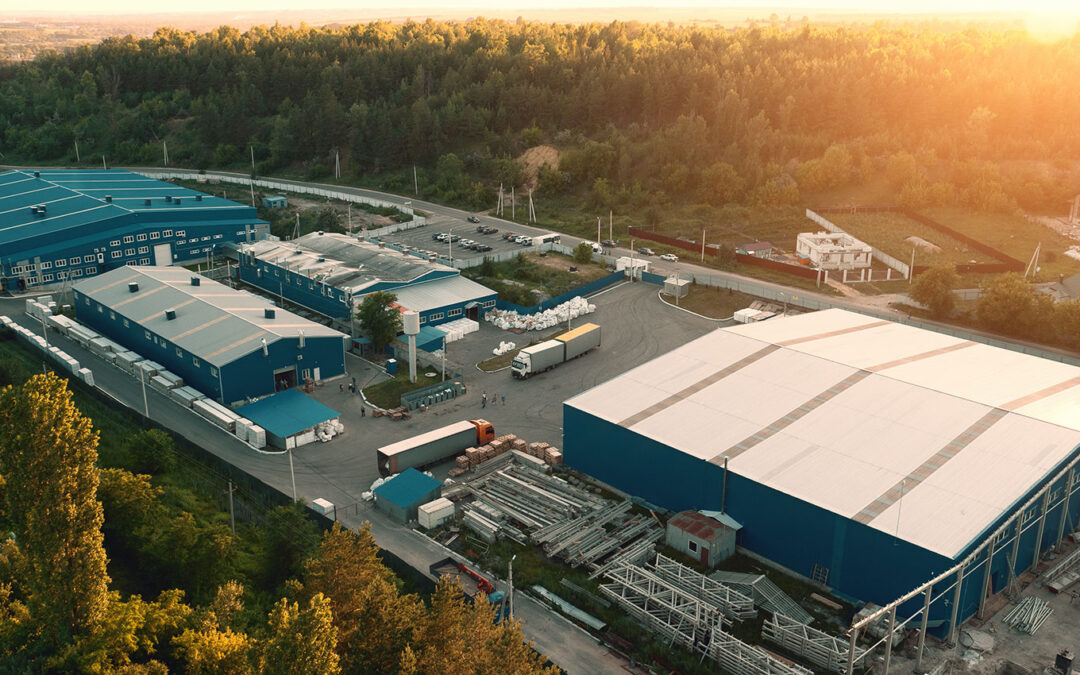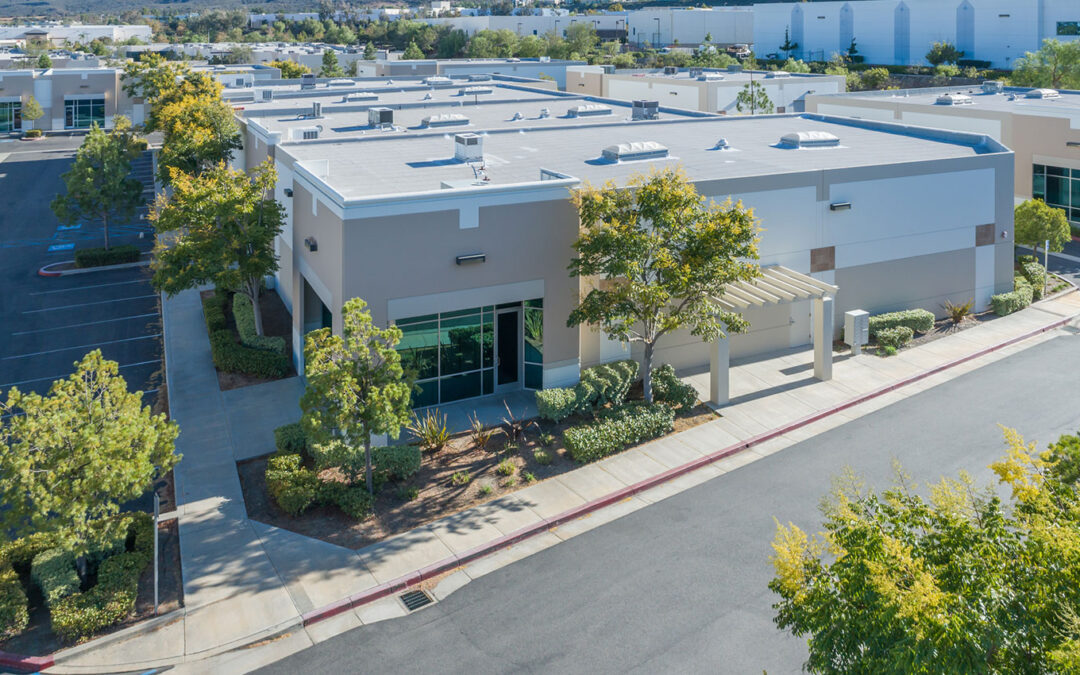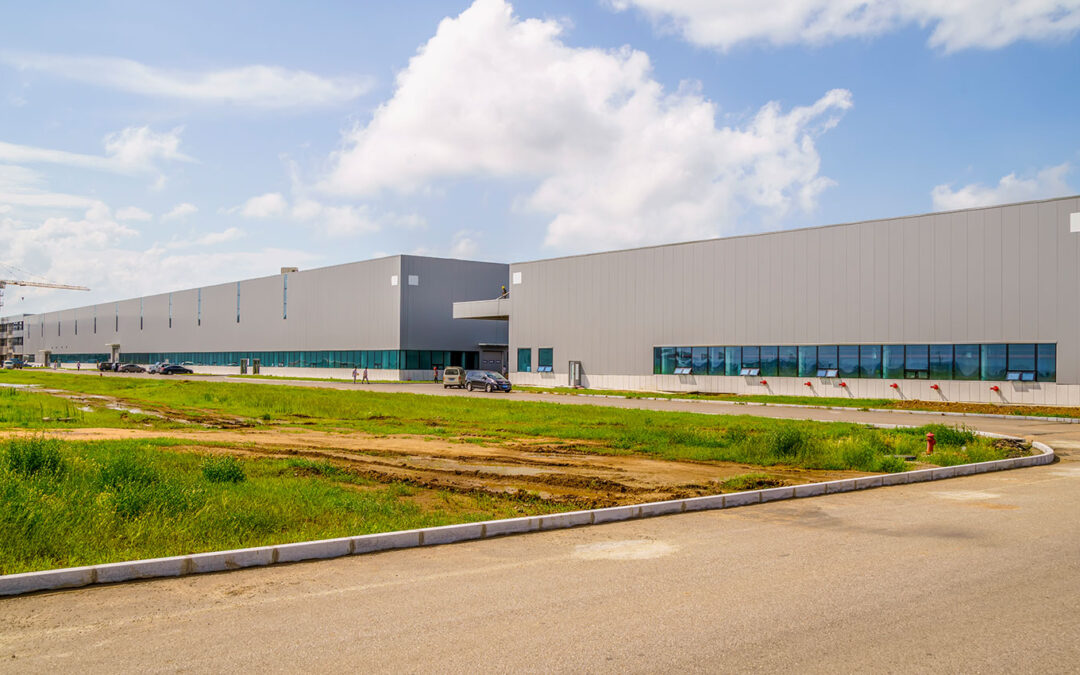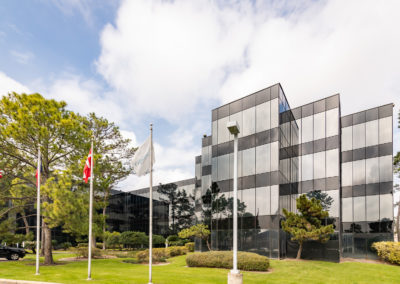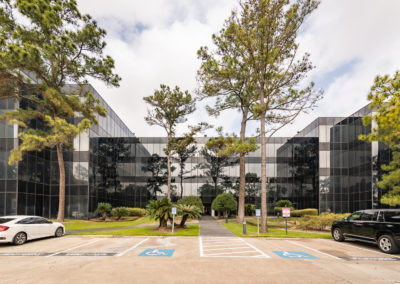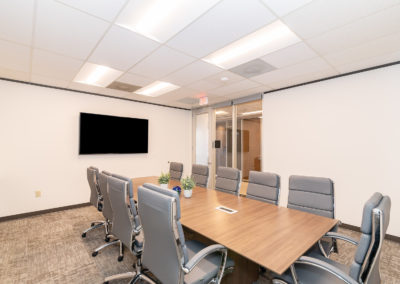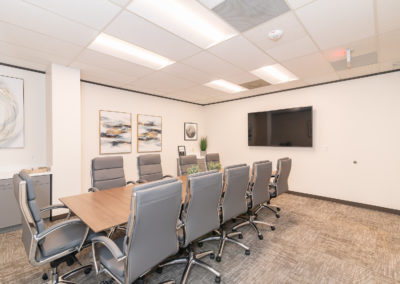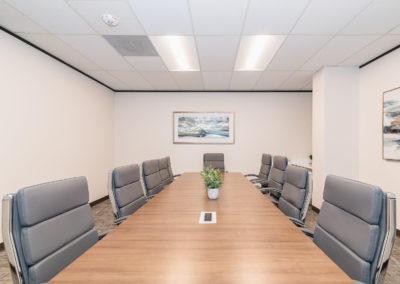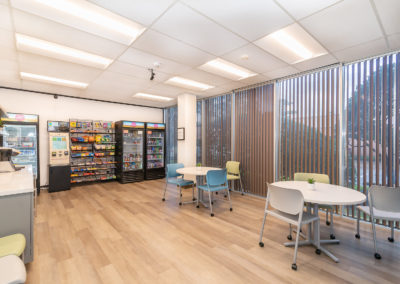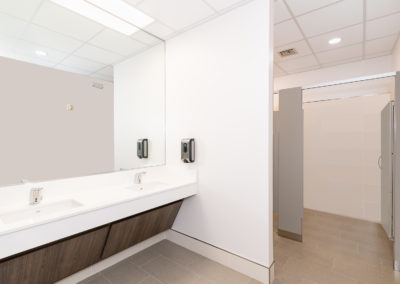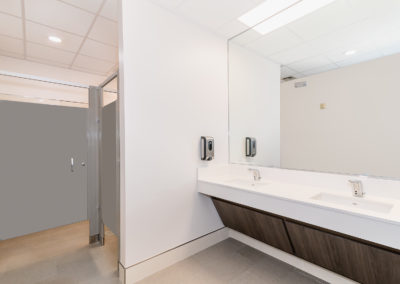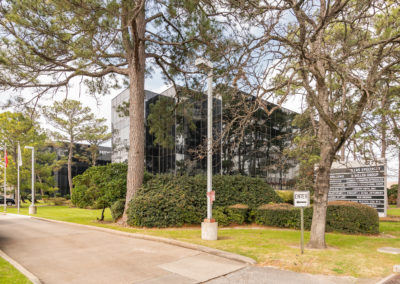When researching your next commercial real estate purchase, there is a lot of vocabulary to get familiar with. Regardless of if you are a seasoned pro or if this is your first time considering commercial property, we have compiled a list of things that will help you make an informed decision. This blog can serve as your comprehensive guide with everything you need to know for commercial real estate for beginners.
Types of commercial real estate
A few of the major classifications of commercial real estate include:
- Apartments: This is any place that has 5 or more rentals and is a commercial property. This can be categorized as a low-rise or mid-rise depending on building height.
- Offices: There are 3 different classes of office buildings (A, B, and C)
- Class A: These are 4 & 5-star rated buildings. These offices are rated the best because of their ideal location and minimal construction projects.
- Class B: This class consists of all 3-star rated properties. These buildings typically have high-quality construction but are not in the most desired location.
- Class C: 1 & 2-star buildings are labeled as class C. Buildings that need the most work done, and are located in a less desirable location.
- Industrial (warehouses): These are structures used to manufacture goods and for industrial purposes.
- Retail: This includes retail-oriented locations such as storefront boutiques or large shopping malls.
- Land: In simple terms, this is infill land and brownfield land.
- Infill land: the rededication of land to new construction
- Brownfield land: any previously developed land that is not actively in use
- Hotels: There are 3 different categories of hotels (Full-Service, Limited-Service and Extended Stay)
- Full-service hotel: many floors and rooms with at least one bar and one restaurant
- Limited service: smaller hotel, no bar or restaurant
- Extended stay: large rooms, like an apartment
Types of commercial leasing
There are four different ways to structure a commercial real estate lease.. Understanding the differences can help you make a decision on what type of property will best suit your needs. The four main types of commercial real estate leasing are:
Single-net lease
A single-net lease is an agreement stating that the tenant will also pay property taxes. However, the landlord remains responsible for the additional operating expenses.
Double-net lease
A double-net lease states the tenant will pay property taxes and insurance premiums. The landlord will still be responsible for all other operational costs.
Triple-net lease
A triple-net lease is an agreement stating the tenant will pay for everything. The tenant has partial responsibility for the property from all the money they put into it. This usually includes a low base rent price.
Gross lease
A gross lease is an agreement stating the tenant pays the property owner a flat rental fee. This leaves the landlord in charge of paying everything else.
How to purchase commercial real estate in 7 steps
1. Assess your investment options:
Do some research, and decide what types of commercial real estate are going to be the best fit for you and your company.
2. Look at the real estate market:
Stay on top of the real estate market. This is critical if you want to maximize the return on your investment or minimize the expenses of your lease. If you are seeing trends that indicate a buyer’s market, be vigilant and act fast!
3. Partner with the right team:
The purchase of a commercial property involves a lot of back and forth. Make sure you have a good team of commercial real estate experts so that you can acquire the right property for you at the best price. Your commercial real estate brokerage team is a great resource to stay up to date on what is going on in the market.
4. Secure financing:
Before falling in love with a property, make sure to have your finances in line. Doing this ensures nothing will stand in the way of purchasing your dream property. Partnering with a real estate broker can help you secure the financing you need.
5. Find the right property:
Now that you have secured finances and have an amazing team working with you, all you have to do is find a property. Have an honest conversation with your team, be clear about what you are looking for, and let them pull together a list of properties that could meet your needs. If you want to look at some options for yourself, there are some great free listing services like loopnet.com or officespace.com.
6. Do your research:
When looking at buying the perfect property make sure you look into its past. Check what the property taxes are, evaluate the location, etc.
7. Make an offer/close the deal:
Now that you’ve completed all the previous steps, it’s time to make an offer. Once you and your team send an offer you have to wait for a response. Once the seller accepts your offer, it’s time to close and you get the property of your dreams.
FAQs
What is commercial real estate?
Commercial real estate is for businesses such as apartment complexes, malls, warehouses, or offices.
What is the difference between commercial real estate and residential real estate?
Commercial real estate is property used for business purposes, such as office buildings, retail space, or industrial warehouses. Commercial real estate is usually leased out to tenants by the owner, and the rents paid by tenants generate income for the owner. Unlike residential property, which is typically used to house people, commercial real estate is always used for some form of economic activity. Real estate licenses are the same for both of these types of transactions, but both sides are very nuanced. It would be incredibly difficult to be an effective expert in both.
Why should I hire a real estate broker?
- Working with a broker ensures that you have someone on your side who is experienced in the real estate buying and selling process. A good broker will be able to help you navigate the often-complicated world of real estate transactions, and can offer advice and guidance when it comes to making offers, negotiating prices, and more.
- A broker can save you a lot of time and hassle. If you’re looking to buy a property, for example, a broker can help you find properties that match your budget and needs. And if you’re selling a commercial property, a broker can take care of marketing the listing, scheduling showings, and dealing with potential buyers.
In short, hiring a real estate broker can save you a lot of time, money, and stress. And that’s why it is considered best practice to work with a broker when buying or selling any commercial property.
Commercial Real Estate For Beginners | Next Steps
Now that you know the basics of commercial real estate for beginners, let us help you! We have a team of experts who can explain these terms in more detail and walk you through the entire purchasing process. Our team can work with you to find a commercial real estate property that ticks every box on your list! Contact us today for more information on how we can support your real estate needs.
